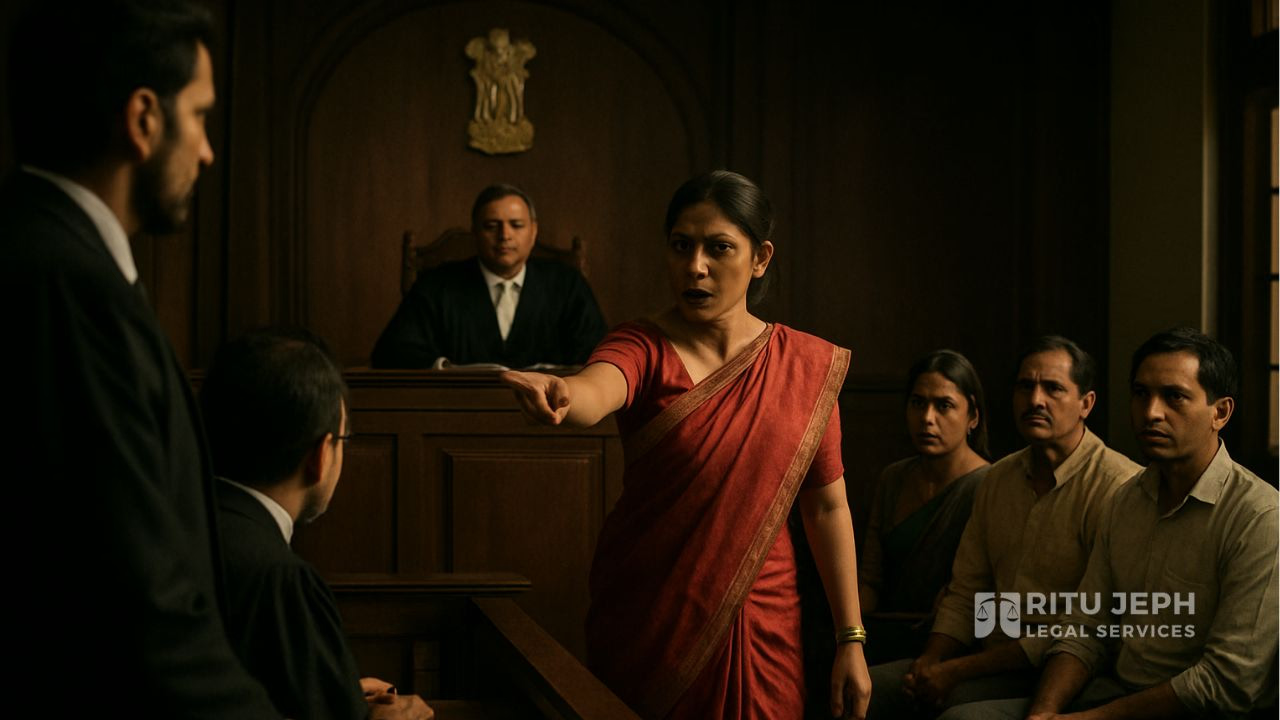Book Appointment Now

Delhi High Court’s Take on Misuse of Section 498A in Family Disputes
Learn about the misuse of Section 498A in the recent Delhi High Court ruling on the Pooja Rasne case, now updated with references to BNS Section 85 for the latest legal insights on protecting women while preventing false claims
In a key ruling, the Delhi High Court has highlighted the growing problem of misuse of Section 498A in family fights. This case, Pooja Rasne vs. State of NCT of Delhi and Others, decided on August 29, 2025, shows how a law meant to help women can sometimes be used wrongly. The court stopped a criminal case against a woman’s sister-in-law, pointing out that vague claims are a clear sign of misuse of Section 498A. For the latest info, note that this old IPC rule is now covered under BNS Section 85 in the new Bharatiya Nyaya Sanhita, which keeps the same focus on protecting women from cruelty but aims to be more balanced.
ALSO READ: Recent Court Rulings on Section 144 BNSS: When Educated Wives Lose Maintenance
Let’s break it down simply. Section 498A of the old Indian Penal Code was created to protect married women from harsh treatment at home, like demands for dowry or other abuse by the husband or his family. If proven, it could lead to up to three years in jail. The law started in the 1980s to give women a strong way to fight back against bad treatment in marriage. But over time, courts have seen a rise in misuse of Section 498A, where relatives get pulled in without real proof, often for revenge or other reasons.
In this case, Justice Arun Monga of the Delhi High Court said the misuse of Section 498A needs to stop to avoid hurting innocent people. “The law was made to shield women from cruelty and dowry demands,” the court noted, “but dragging in the husband’s family without checking facts is a total misuse of Section 498A.” Today, under BNS Section 85, the rules are similar, defining cruelty by husbands or relatives, with the definition in BNS Section 86. This update, effective since July 2024, keeps the protection strong while courts push for fairness.
The trouble started when a woman filed a complaint against her husband and his family, including his sister. She claimed cruelty, but the accusations against the sister were too broad—no specific details or events. The sister-in-law asked the High Court to drop the case against her, and the judges agreed. They said such general claims don’t pass legal tests and lead to misuse of Section 498A. Allowing them would mean endless court fights for no reason, adding stress to everyone.
The court listed why misuse of Section 498A is a big issue. It overloads the courts with weak cases, slowing down real justice. It also harms the accused, causing emotional pain, social shame, and life disruptions. Worst of all, it weakens trust in the law itself. If too many false claims happen, people might doubt genuine cases, hurting women who really need help. Under BNS Section 85, the goal is the same: protect victims, but courts must check claims early to prevent this misuse of Section 498A.
The judges stressed that complaints should face strict checks before trials begin. Only solid evidence should move things forward. This protects the innocent from the fallout of family battles. In their ruling, they called vague accusations “omnibus,” meaning too wide and unproven, which can distract from true problems and cause unwarranted harm. Stopping misuse of Section 498A early saves time and upholds fairness.
ALSO READ: 2025 Guide to Child Adoption in India
Here, the court ended the case against the sister-in-law but let it continue against others if proof exists. Lawyers involved included Amrita Sarkar and team for the sister-in-law, Digam Singh Dagar for the state, and Sanjeev Mahajan with Simran Rao for the complainant.
This doesn’t mean the law is flawed. Section 498A, now BNS Section 85, has saved many women from abuse. But addressing misuse of Section 498A ensures it stays effective. The ruling reminds us to use laws wisely—accuse based on facts, not anger.
For everyday folks, this means if you’re facing family issues, seek help but be honest. For those accused wrongly, courts are stepping in against misuse of Section 498A. It promotes balance in India’s family laws.
Looking ahead, this case could lead to better handling of complaints. More training for police and early checks might cut down on misuse of Section 498A. Counseling or talks before court could help families fix things peacefully.
The Delhi High Court’s decision is a call for careful use of laws. By fighting misuse of Section 498A while keeping protections in place under BNS Section 85, it builds a fairer system for all



